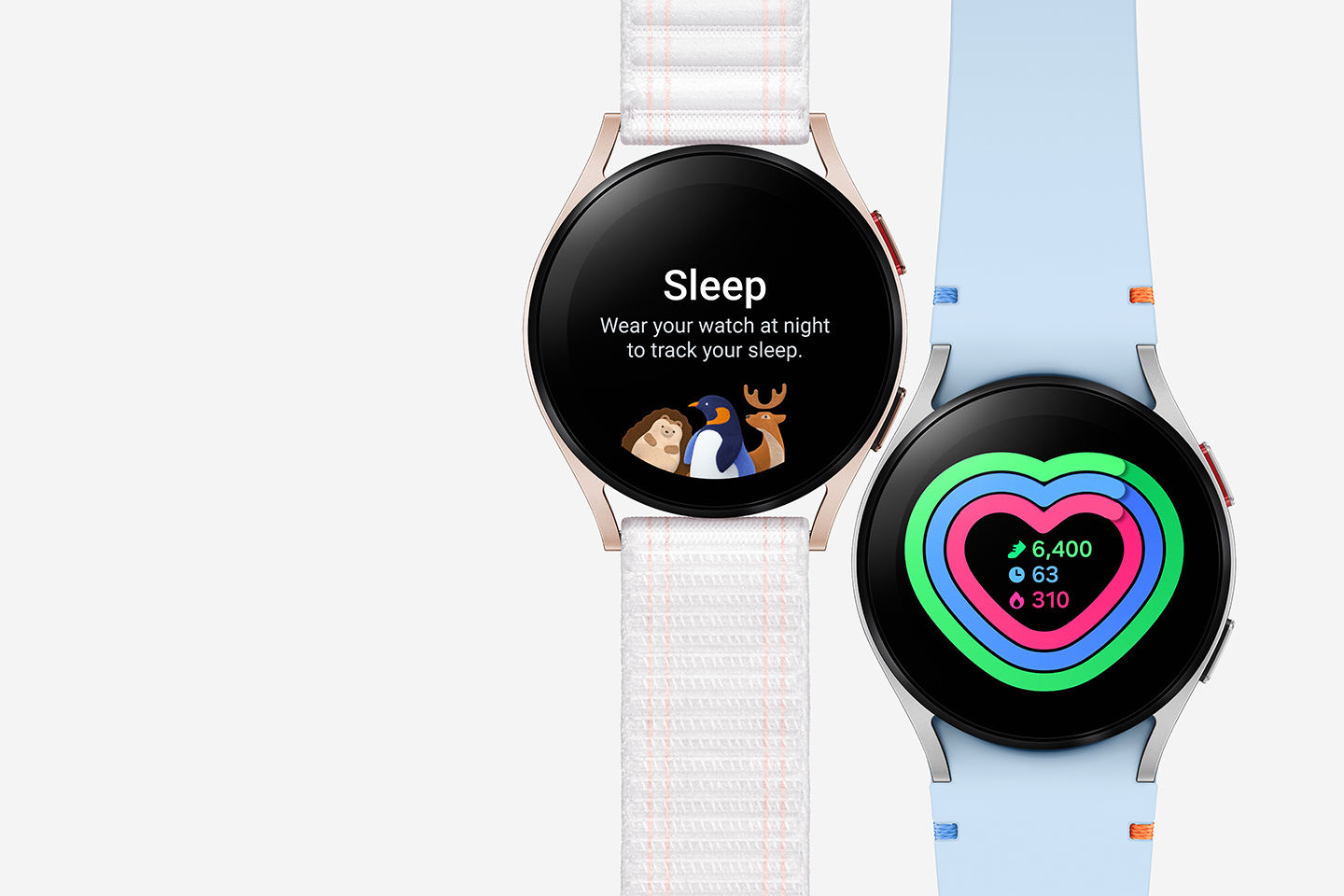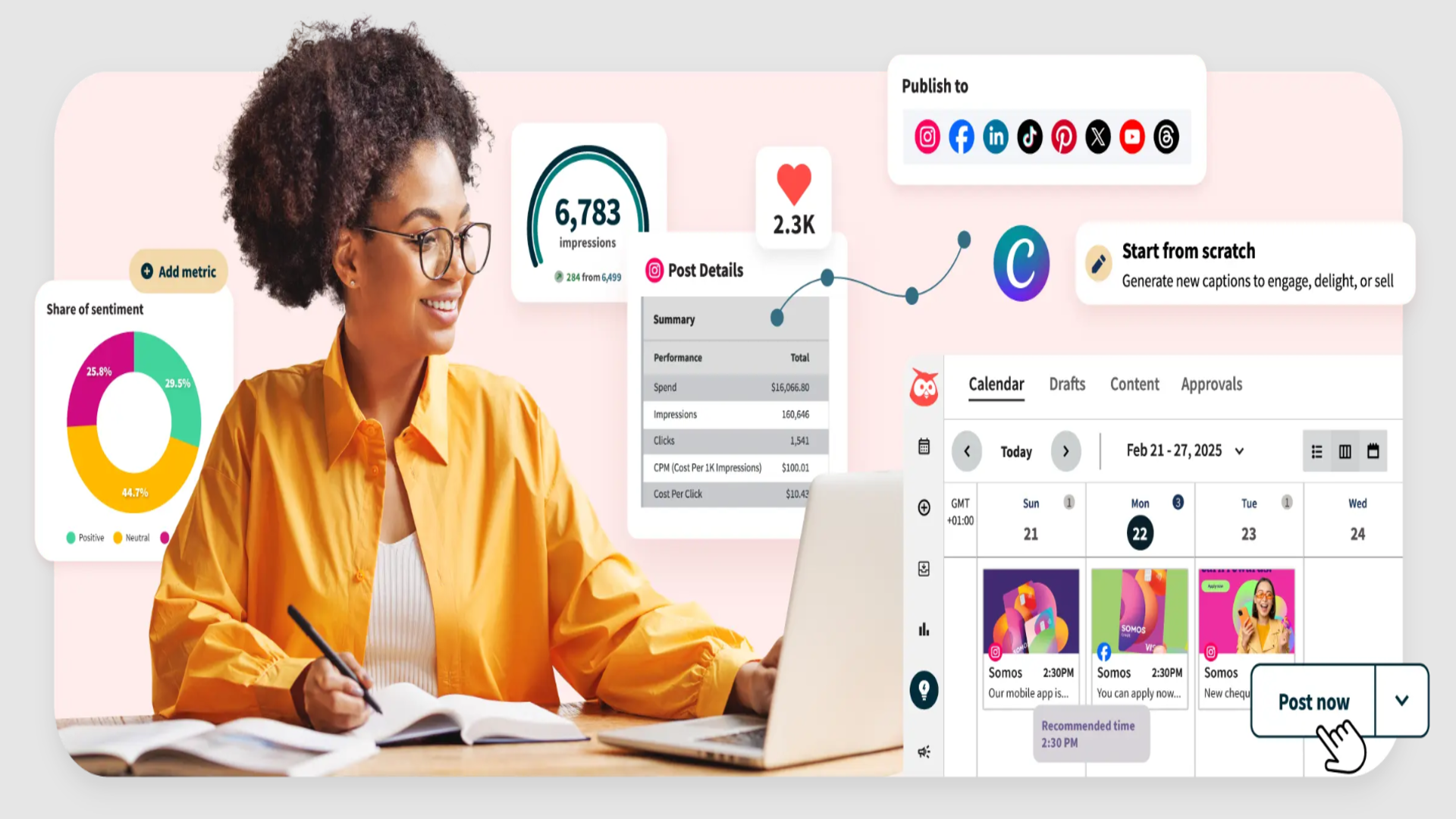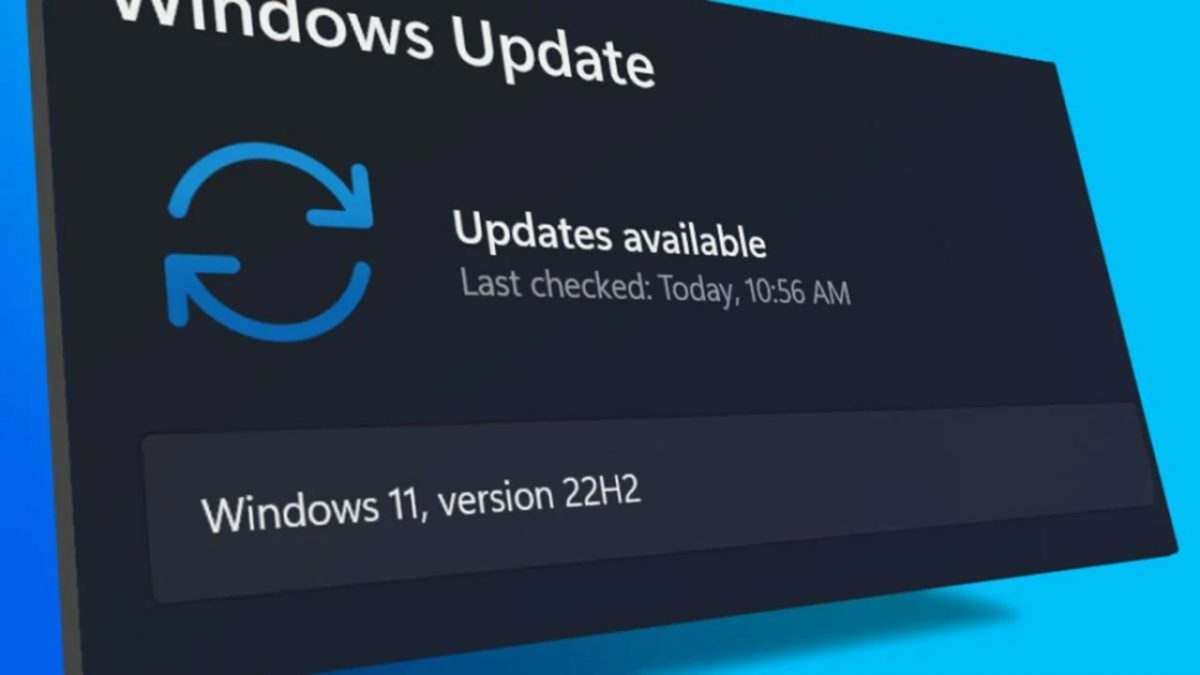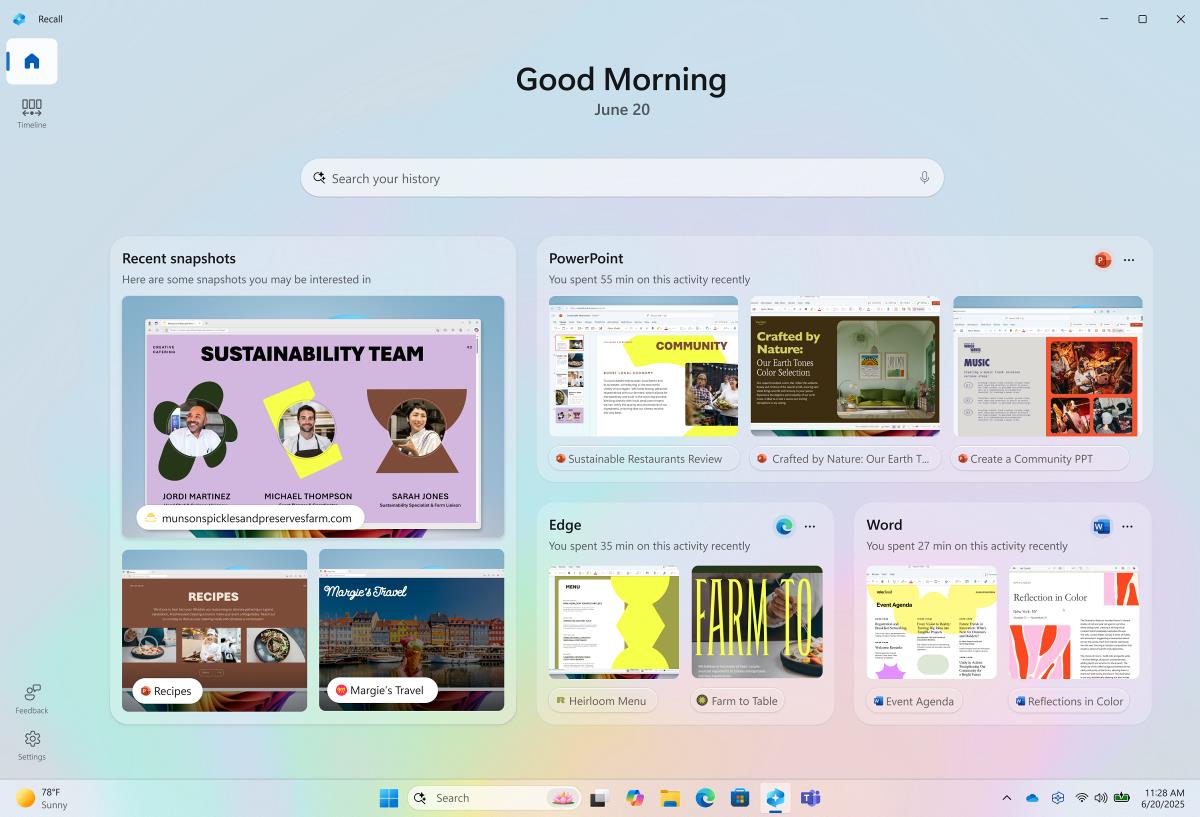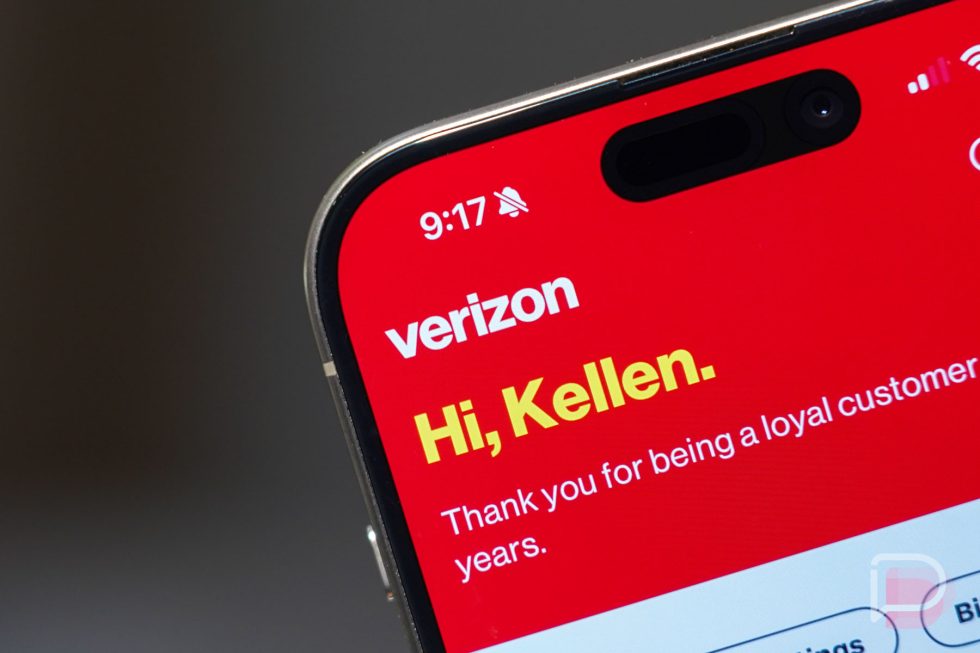HR Tech Requires Artificial Intelligence Developer
The contemporary workplace requires efficiency, accuracy, and customization in all areas of employee management. From sifting through thousands of resumes to forecasting employee turnover, human resource professionals are increasingly relying on AI-based solutions to optimize their functions and make informed decisions.
The Digital Revolution of Human Resources
Human Resource departments in industries everywhere are undergoing a technological revolution that's redesigning the way organizations recruit, hire, and retain top talent. At the forefront of this revolution is the urgent requirement for talented artificial intelligence developers who are capable of bridging the gap between conventional HR practices and innovative technology solutions.
The contemporary workplace requires efficiency, accuracy, and customization in all areas of employee management. From sifting through thousands of resumes to forecasting employee turnover, human resource professionals are increasingly relying on AI-based solutions to optimize their functions and make informed decisions.
Why Traditional HR Methods Fall Short
Legacy HR systems tend to falter with the scale and sophistication of today's workforce management. Screening resumes manually can take weeks, bias can enter the hiring process, and employee engagement surveys often cannot capture real-time opinions. All these give rise to bottlenecks that slow business operations and affect company growth.
An AI developer introduces the technical skills required to automate these processes without sacrificing accuracy or fairness. They know how to apply machine learning algorithms that can sift through enormous amounts of candidate information, recognize patterns among employee behavior, and forecast future workforce trends.
Key Areas Where AI Developers Revolutionize HR
Intelligent Recruitment Systems
Intelligent hiring software based on artificial intelligence can scan resumes, cover letters, and application documents within seconds instead of hours. An artificial intelligence engineer creates these systems to detect appropriate skills, levels of experience, and cultural fit markers that meet certain job requirements.
These systems not only accelerate the process, they also minimize unconscious bias by examining objective qualifications instead of subjective impressions. The outcome is a more diverse and qualified candidate pool that meets organizational needs more effectively.
Predictive Analytics for Employee Retention
Understanding why employees leave and predicting who might be at risk of departure is crucial for maintaining a stable workforce. AI-powered analytics platforms can process employee data, including performance metrics, engagement scores, and career progression patterns, to identify early warning signs of potential turnover.
Personalized Learning and Development
Contemporary employees anticipate tailored career advancement opportunities. An AI developer can design adaptive learning systems to suggest training programs, skill development trajectories, and career prospects based on employee profiles and organizational requirements.
The Technical Skills That Matter
The best AI engineers in HR technology have a specific blend of technical know-how and business acumen. They know machine learning platforms such as TensorFlow and PyTorch, natural language processing to parse resumes, and handling big data to pull useful insights.
Database management skills are also critical, as HR systems process confidential employee data that needs strong security features and high-performance data processing functionalities. Familiarity with cloud platforms such as AWS, Azure, or Google Cloud is needed to design scalable solutions that can expand along with organizational needs.
Handling Privacy and Ethical Issues
HR technology involves highly personal information, so privacy and ethical use of AI are of high priority. A developer of artificial intelligence in this field needs to be aware of data protection laws such as GDPR and CCPA while designing systems that are explainable and equitable.
Ethical AI development involves designing algorithms that steer clear of discriminatory practices, provide equal opportunity for every candidate, and ensure transparency in decision-making. This involves continuous monitoring and fine-tuning of AI systems to keep them free from bias and compliant with changing regulations.
Building the Future of Work
The use of artificial intelligence in HR technology is more than process enhancement, it's about building a more human-focused, employee-centric workplace in which technology manages the day-to-day work, freeing up HR practitioners to be more focused on strategic projects and developing people.
Firms that invest in talent AI developers for their HR technology projects set themselves up for competitive edge when it comes to talent capture and retention. These developers are not simply tool builders but solution makers that extend the entire employee experience from hiring through retirement.
The HR technology future relies on the skills of artificial intelligence developers who have a grasp of both the technical and human aspects of workforce management. The need for these niche skills will only increase as companies continue to develop and change.
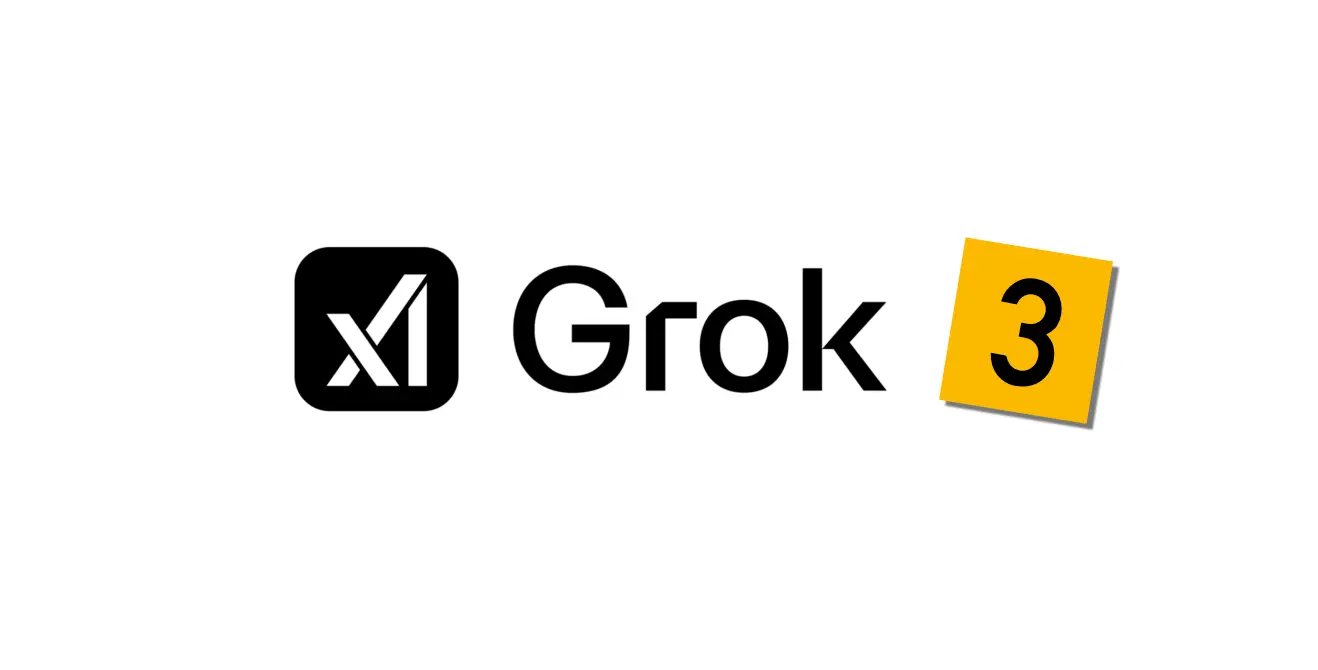



























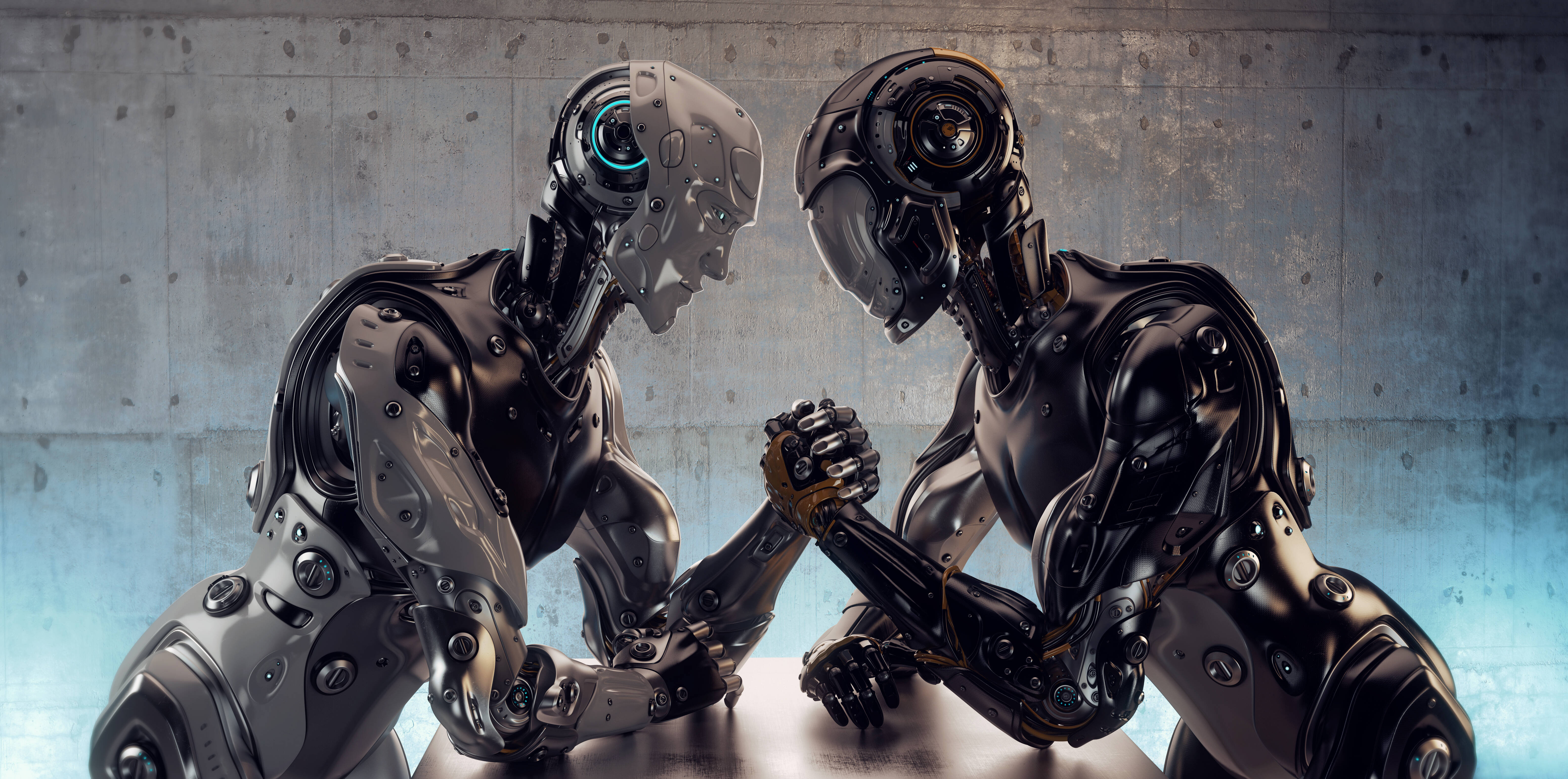

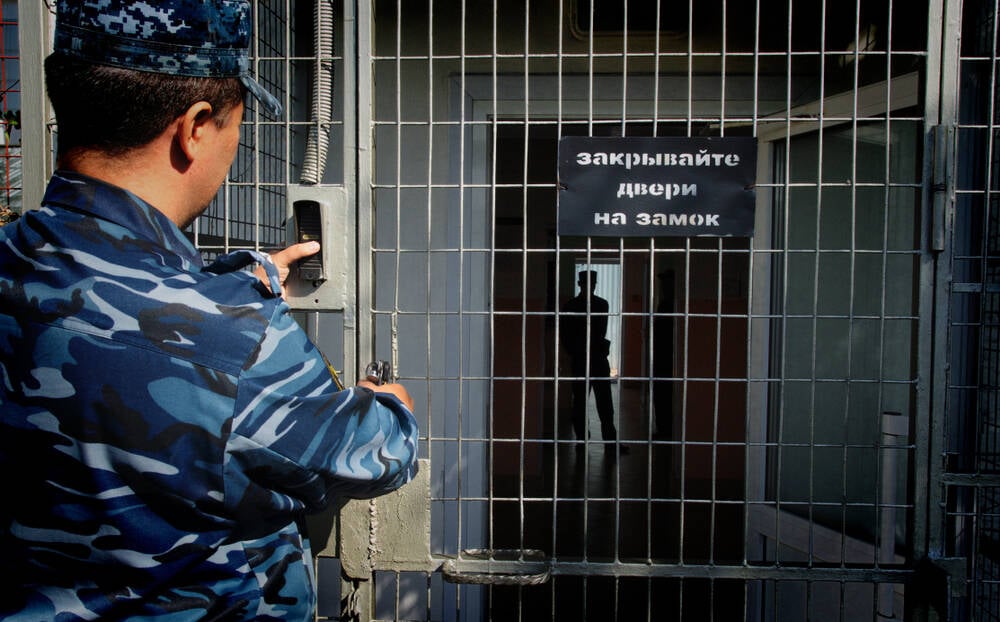




































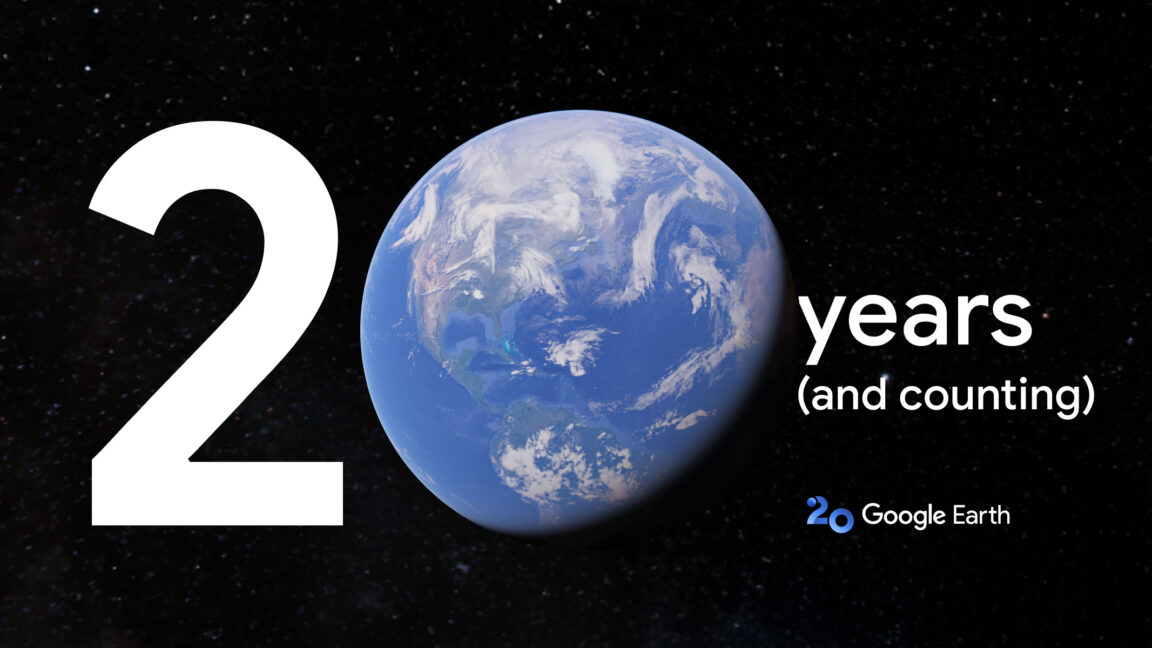
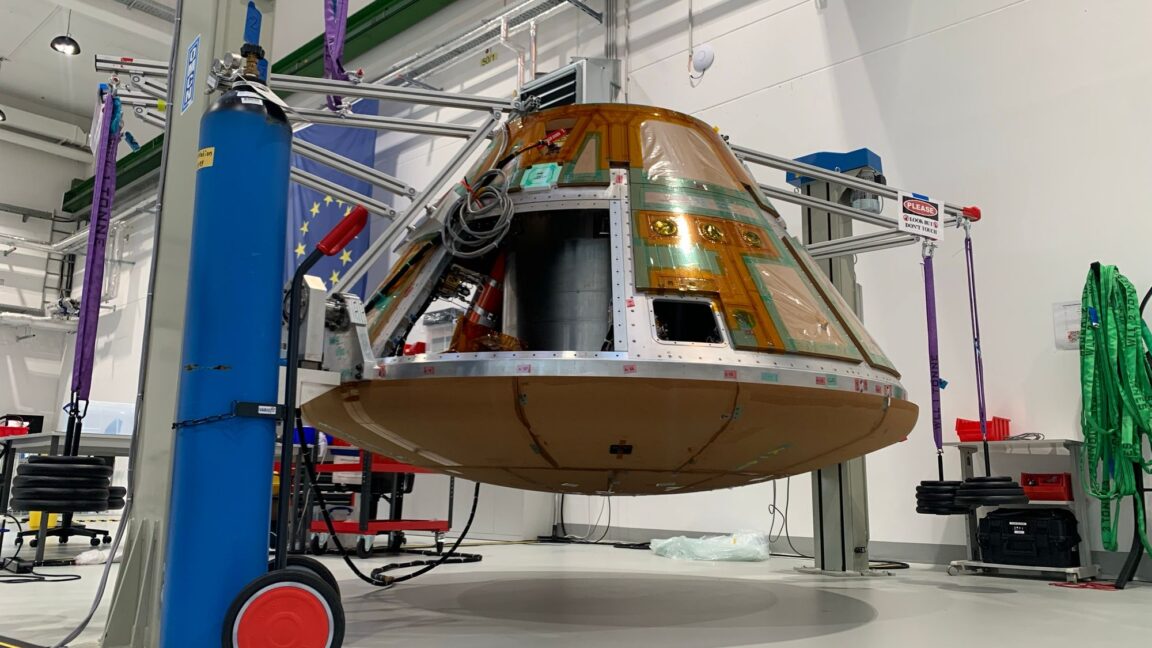













































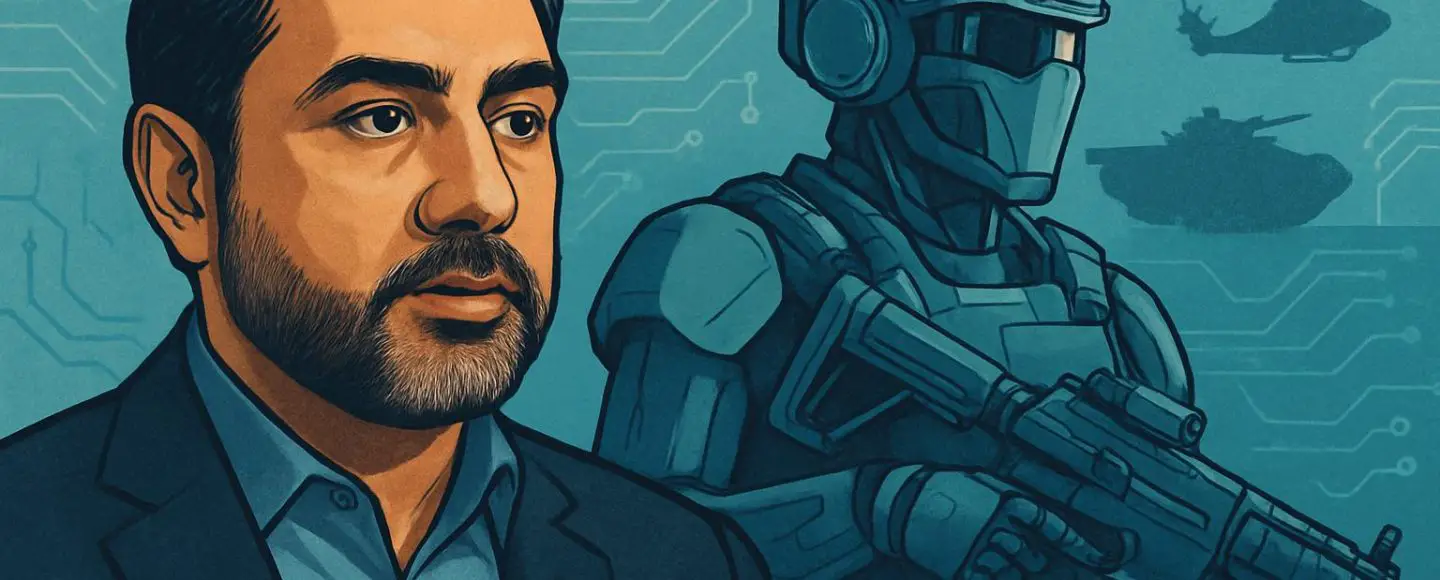
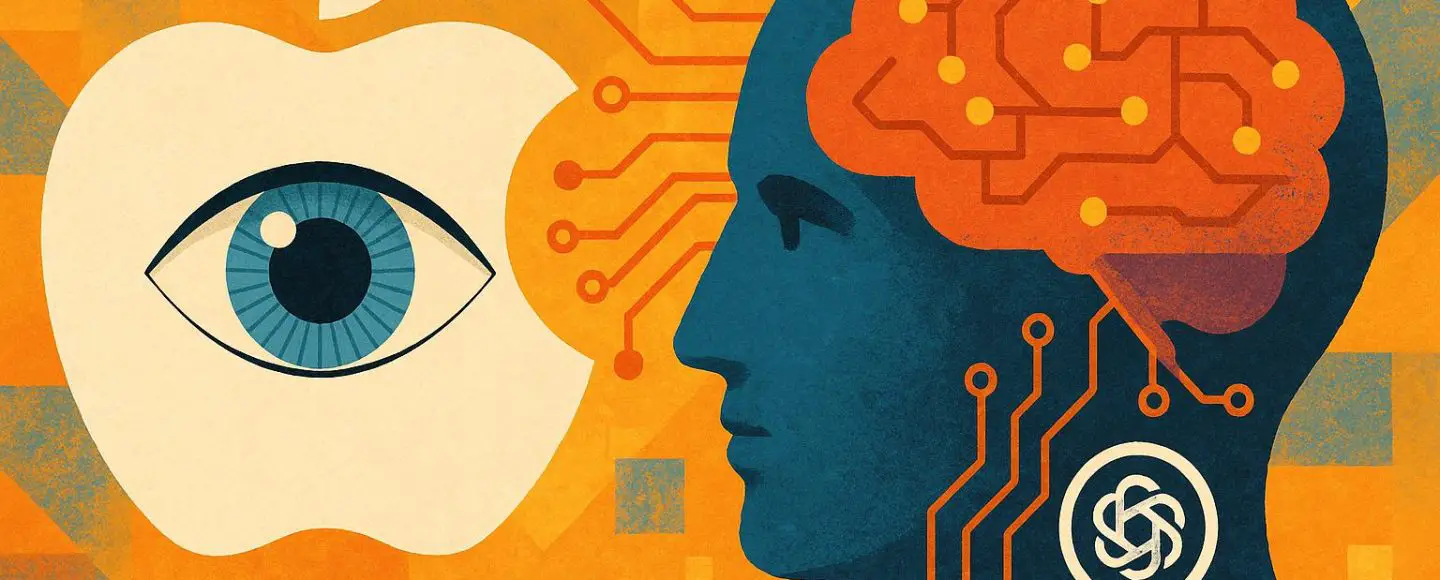
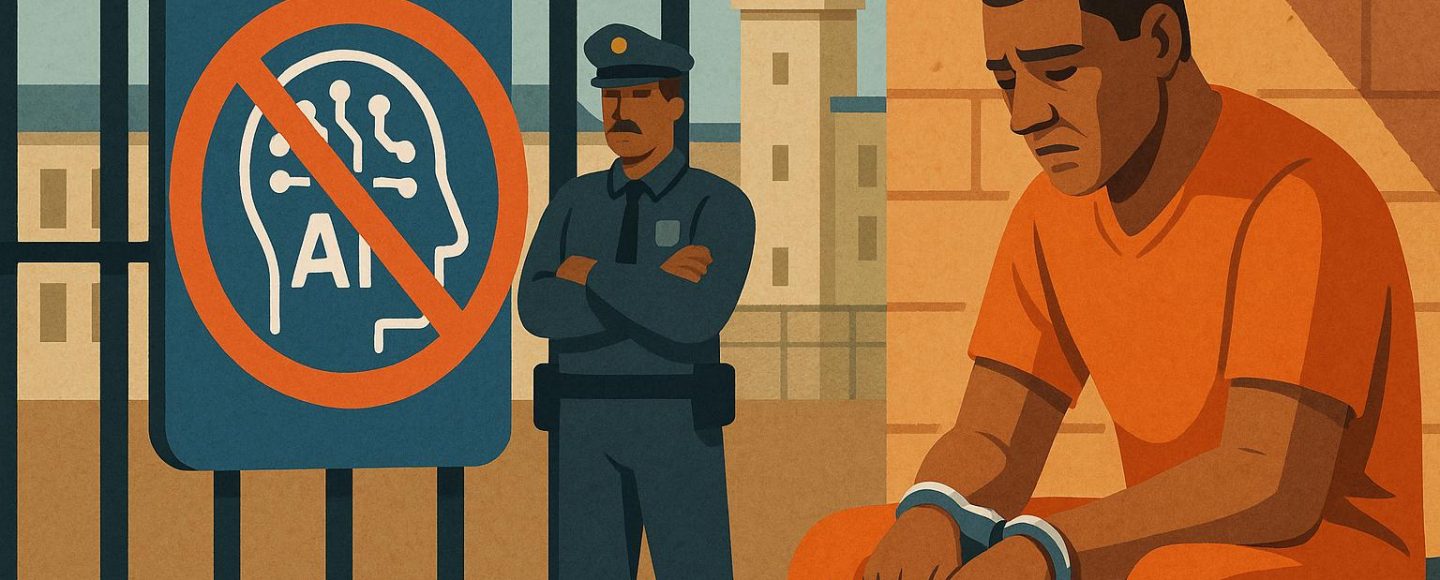
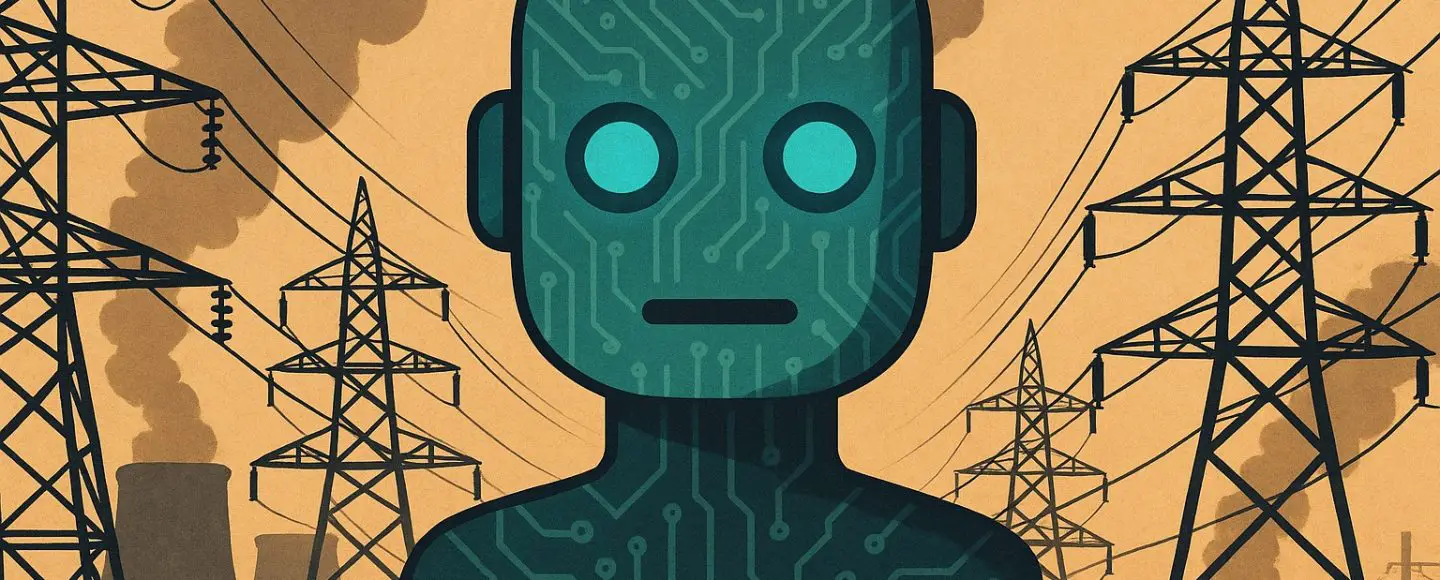





















































![[The AI Show Episode 155]: The New Jobs AI Will Create, Amazon CEO: AI Will Cut Jobs, Your Brain on ChatGPT, Possible OpenAI-Microsoft Breakup & Veo 3 IP Issues](https://www.marketingaiinstitute.com/hubfs/ep%20155%20cover.png)

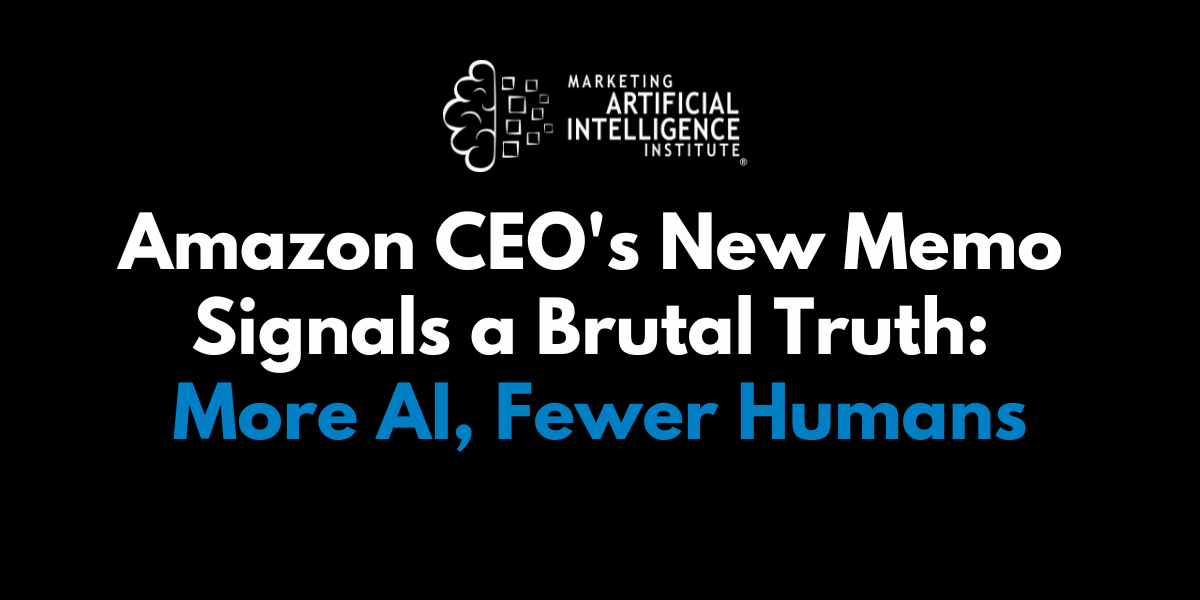
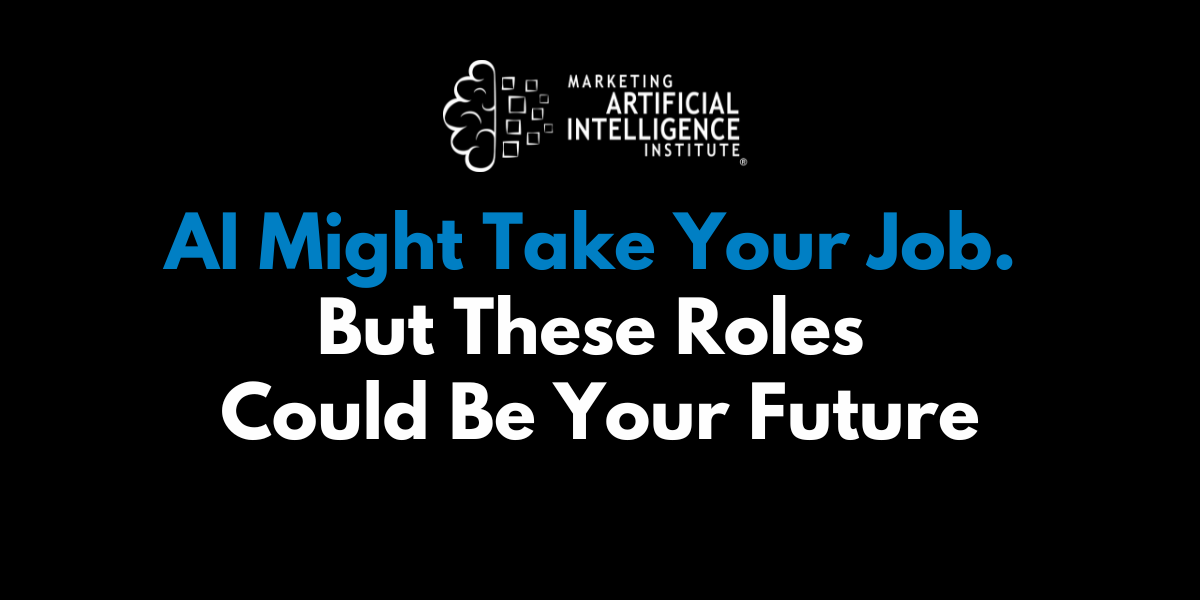



























































































































































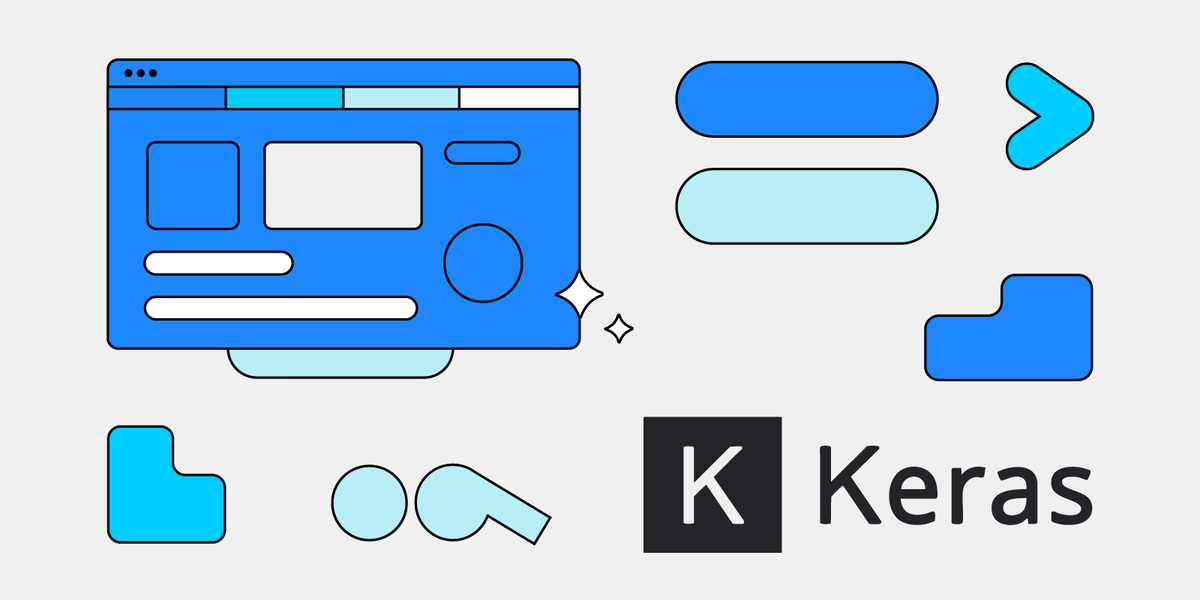
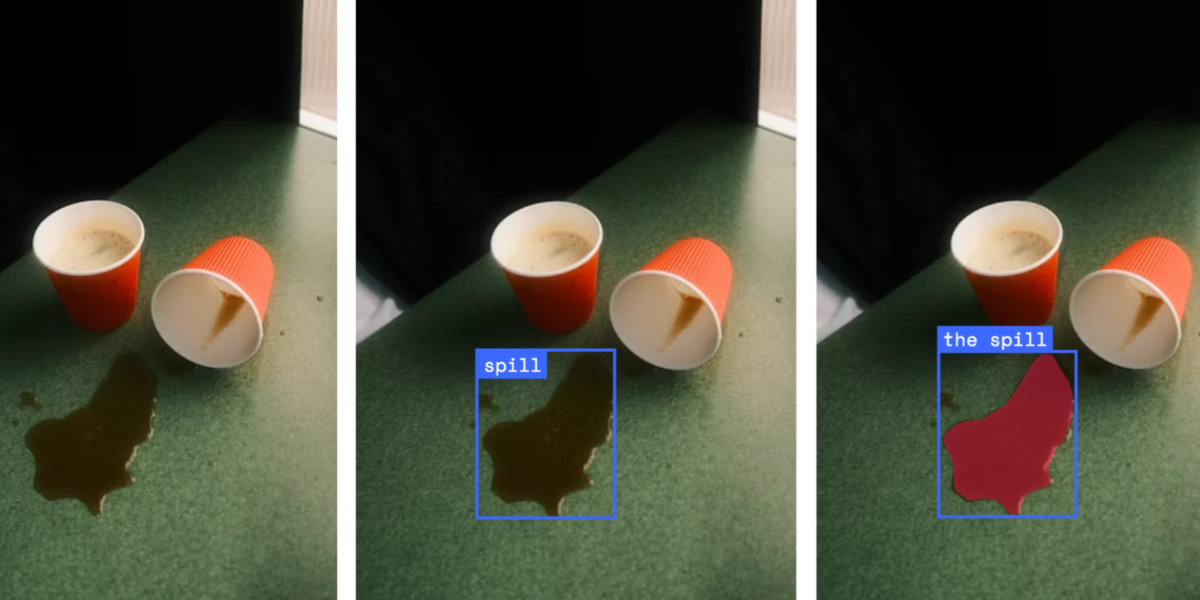
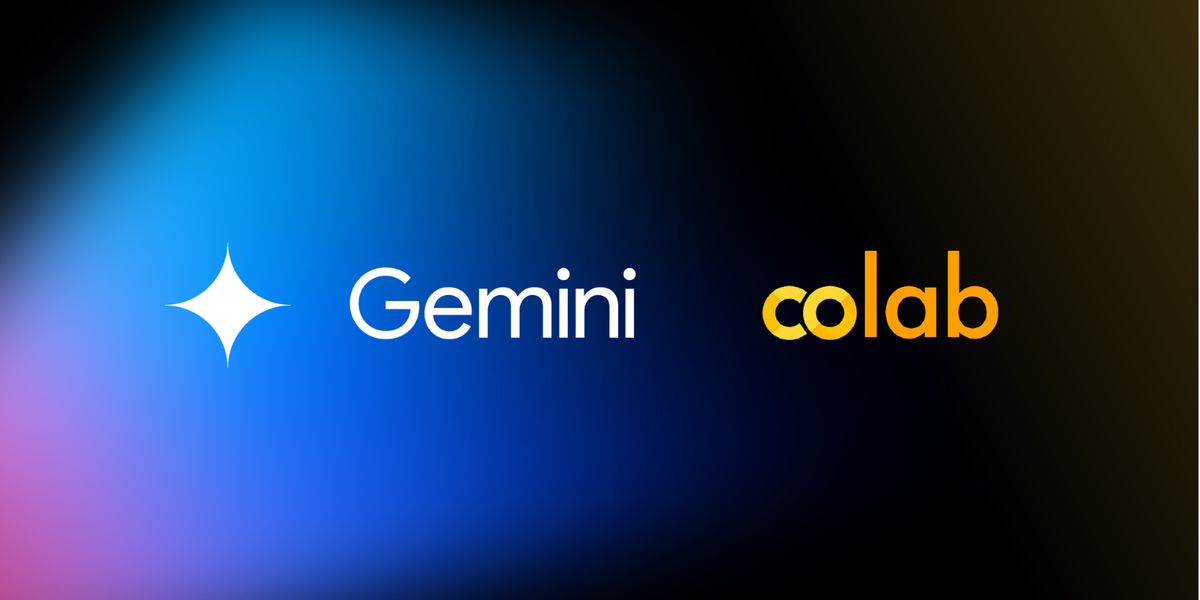



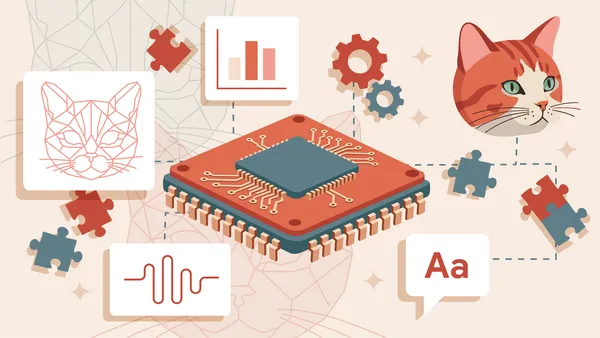
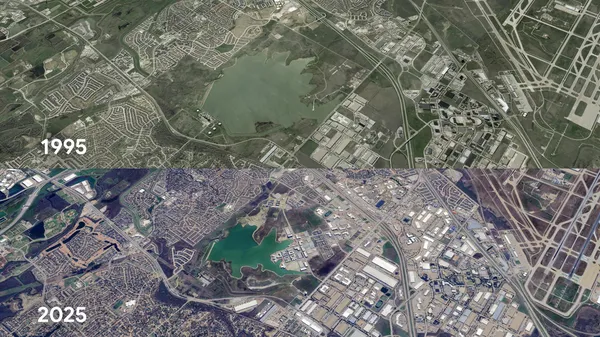

















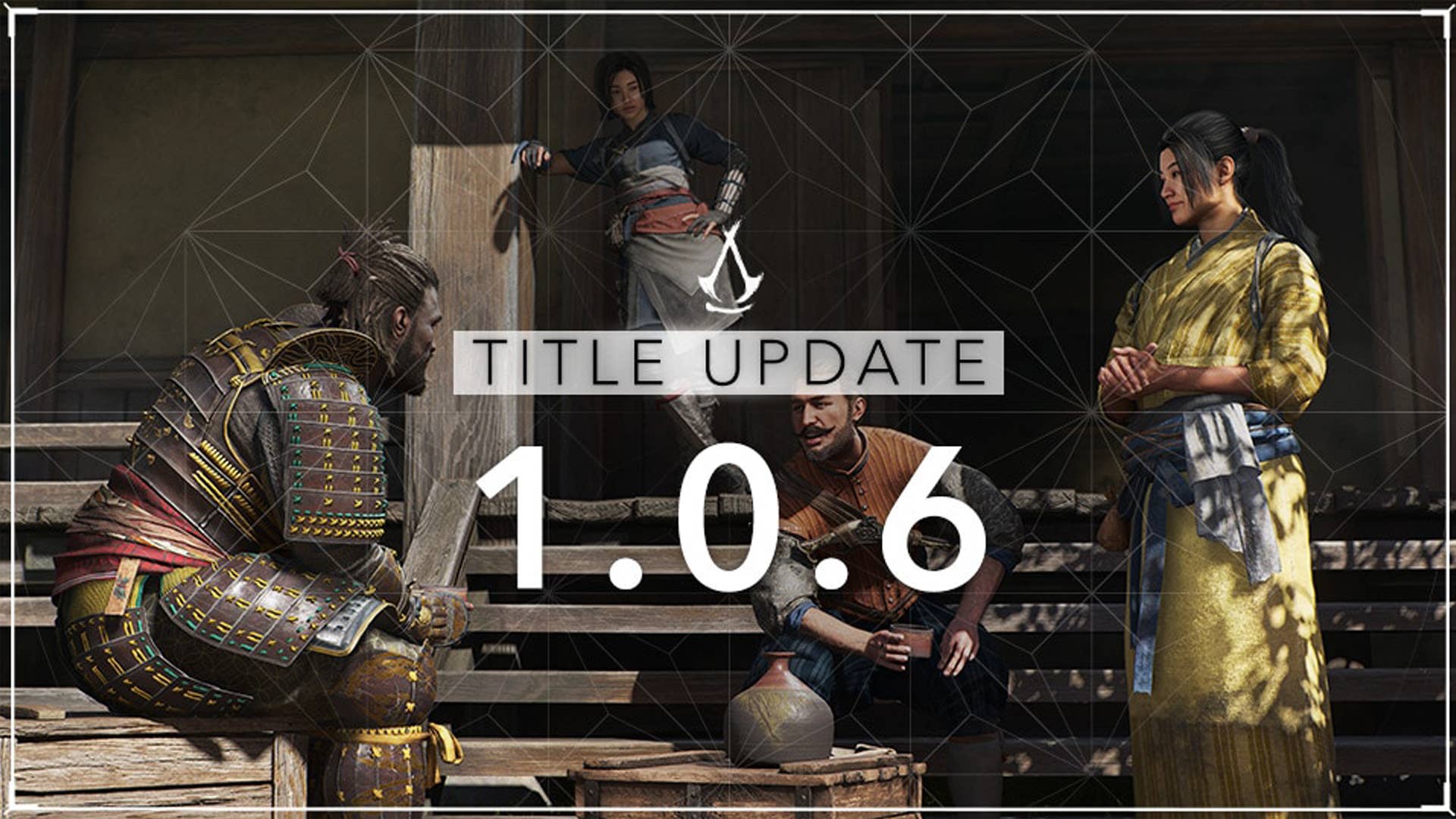







![GrandChase tier list of the best characters available [June 2025]](https://media.pocketgamer.com/artwork/na-33057-1637756796/grandchase-ios-android-3rd-anniversary.jpg?#)


















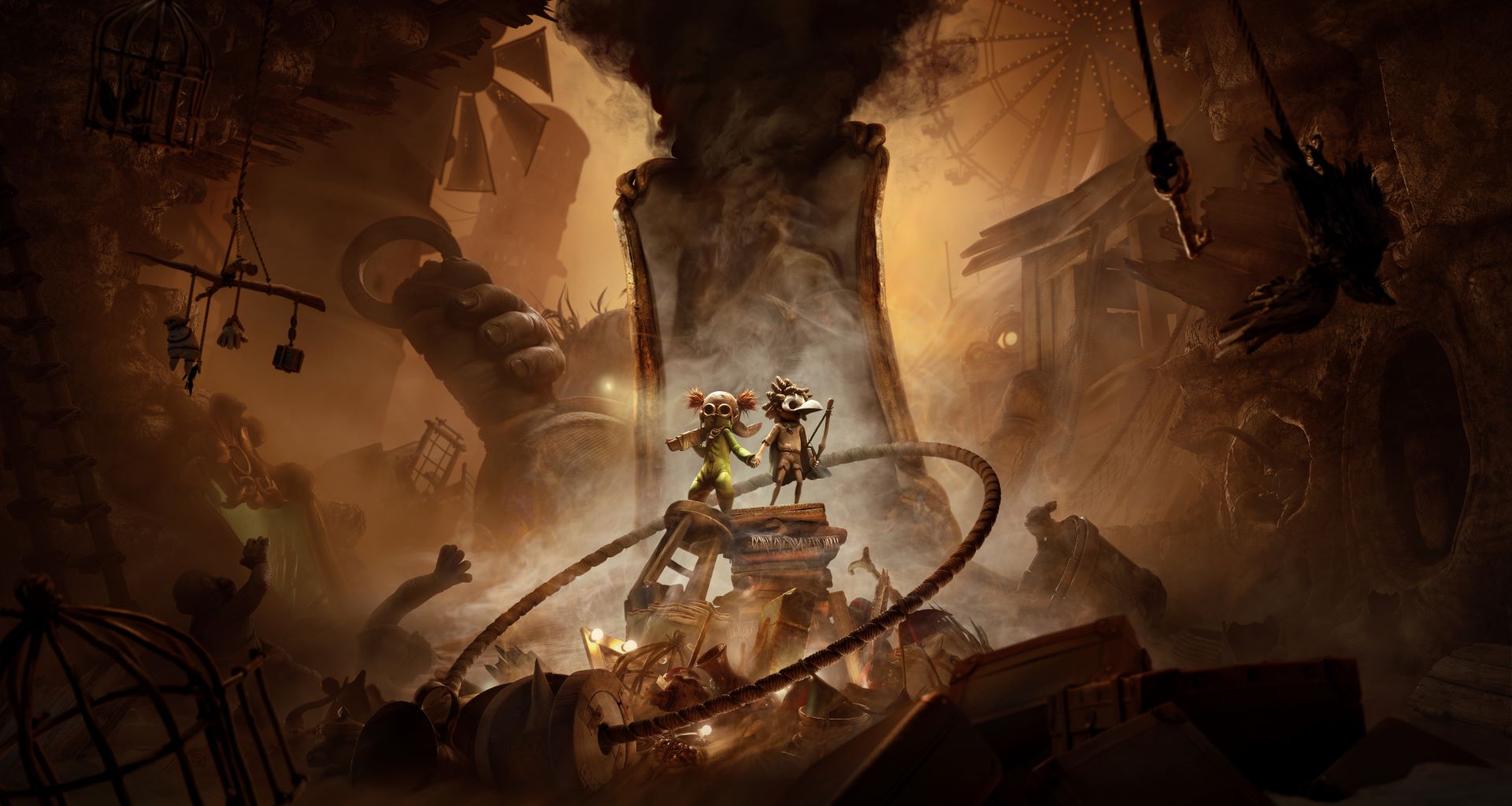


























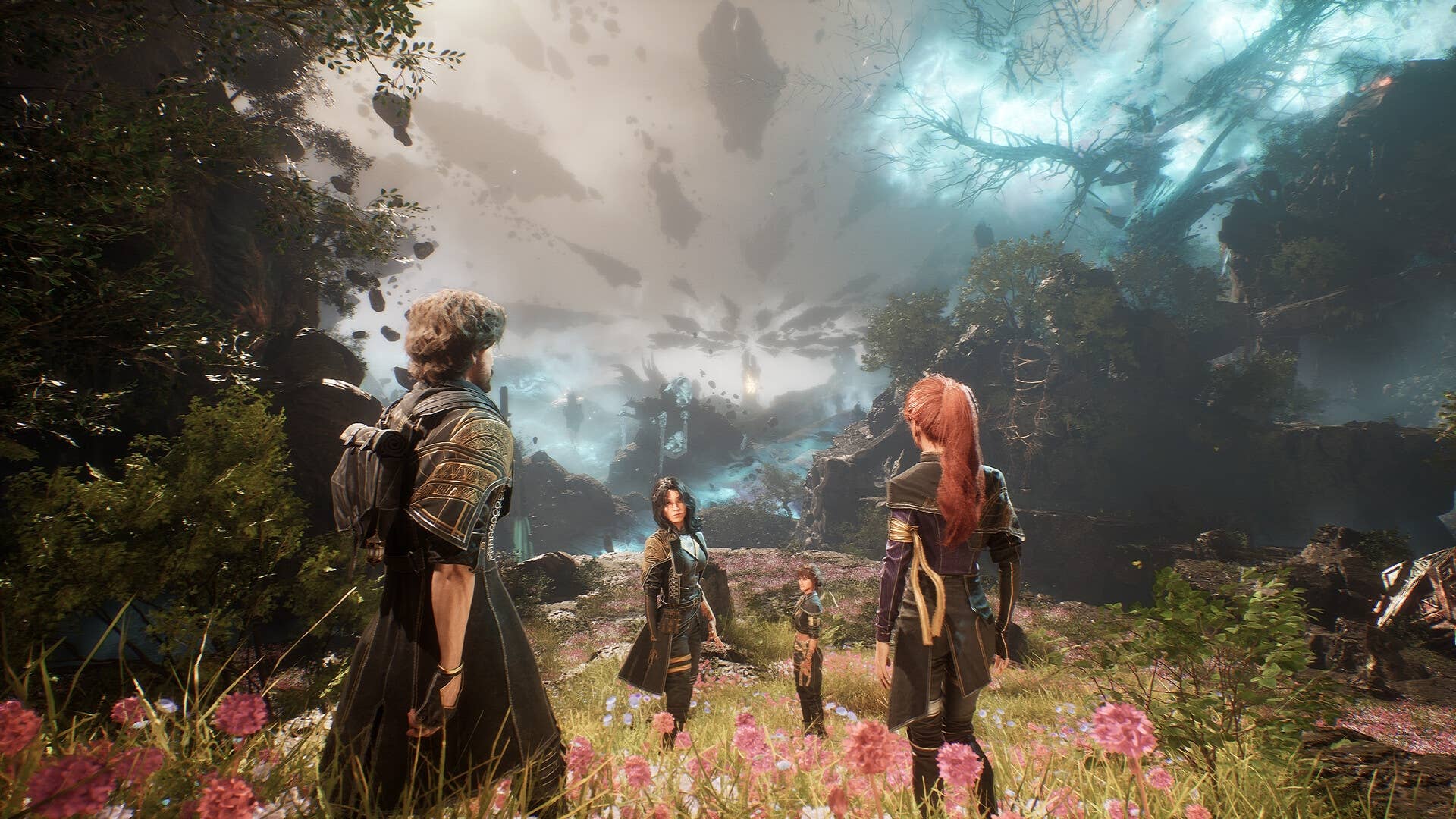









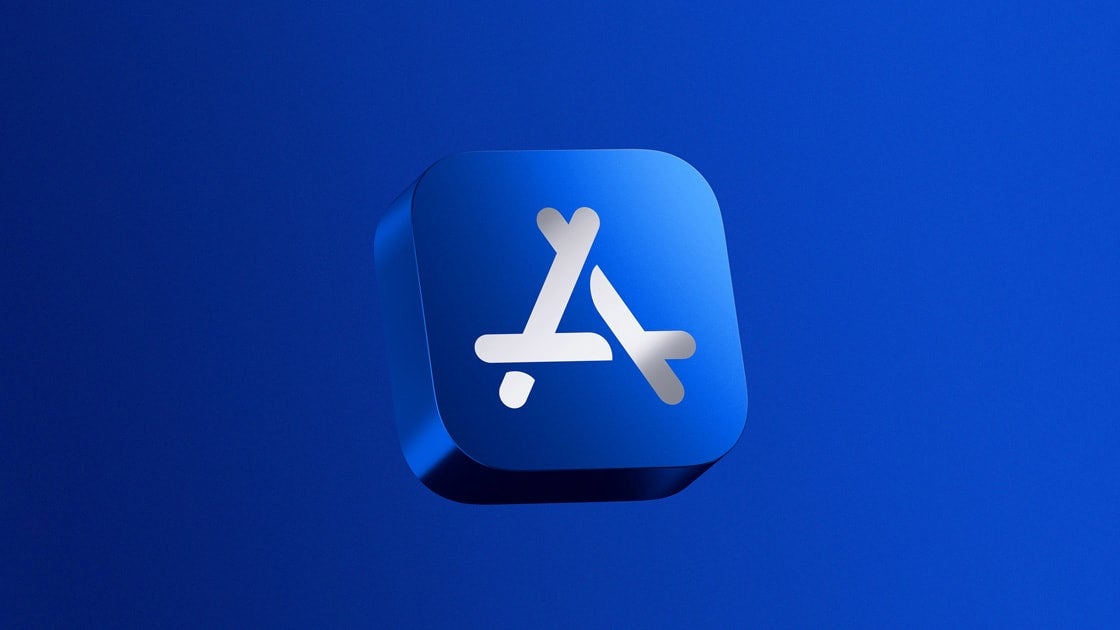
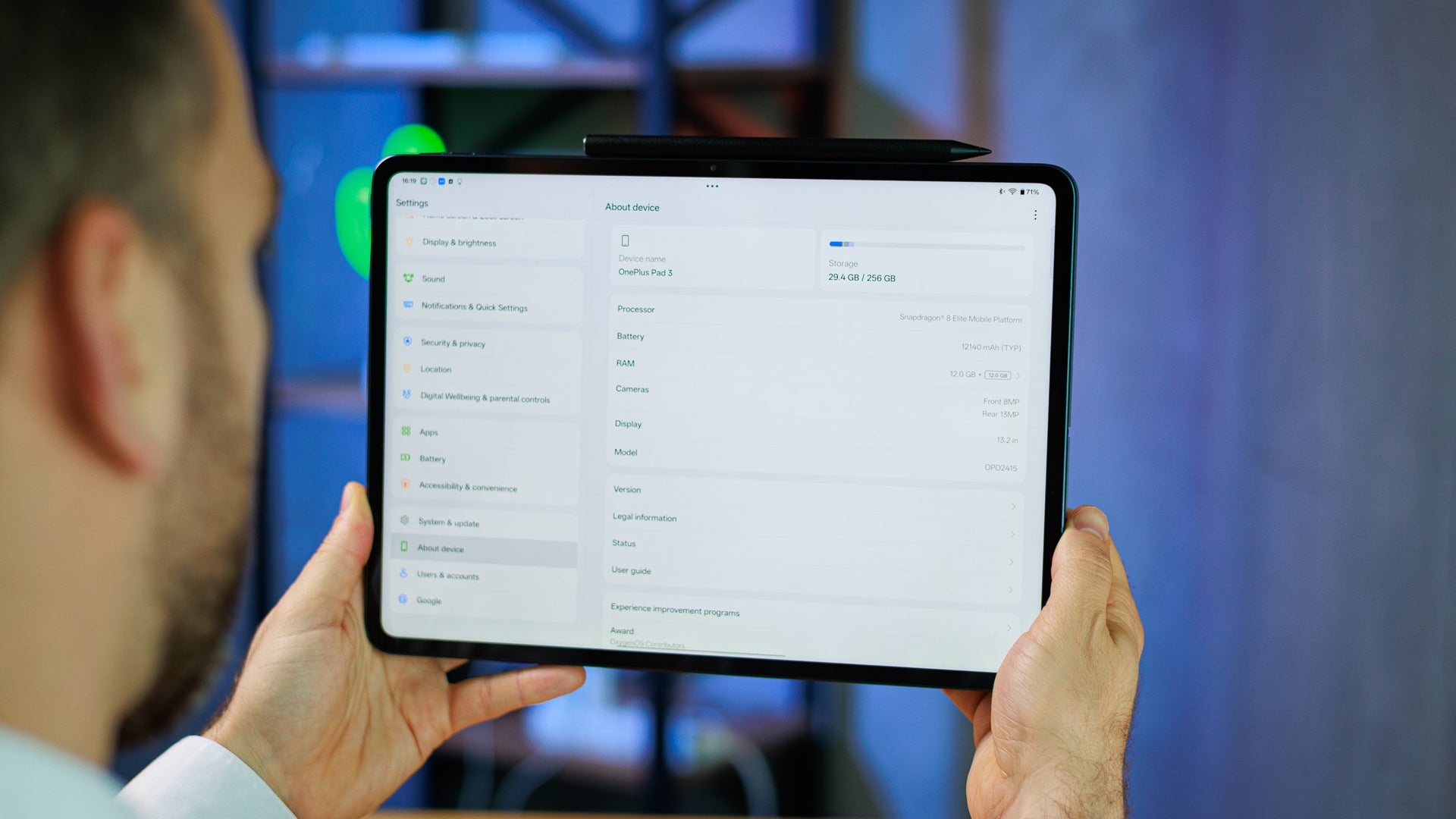










_peter_kovac_alamy.jpg?width=1280&auto=webp&quality=80&disable=upscale#)
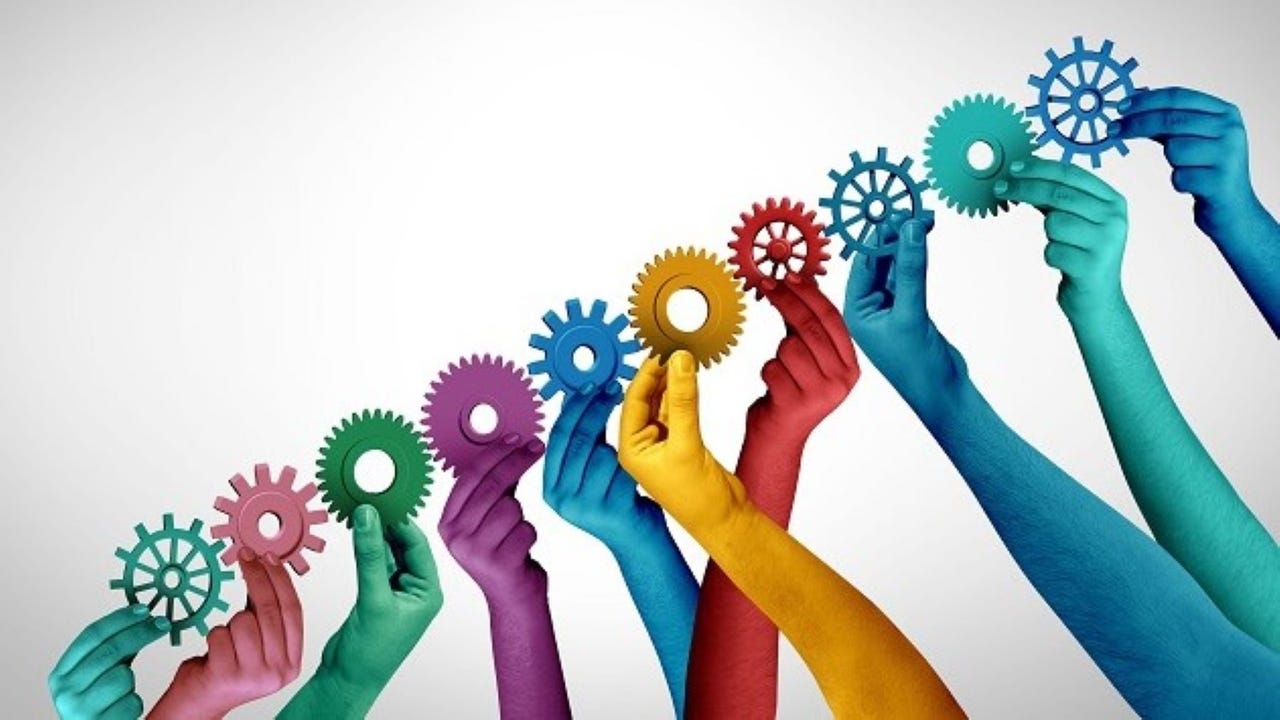
























































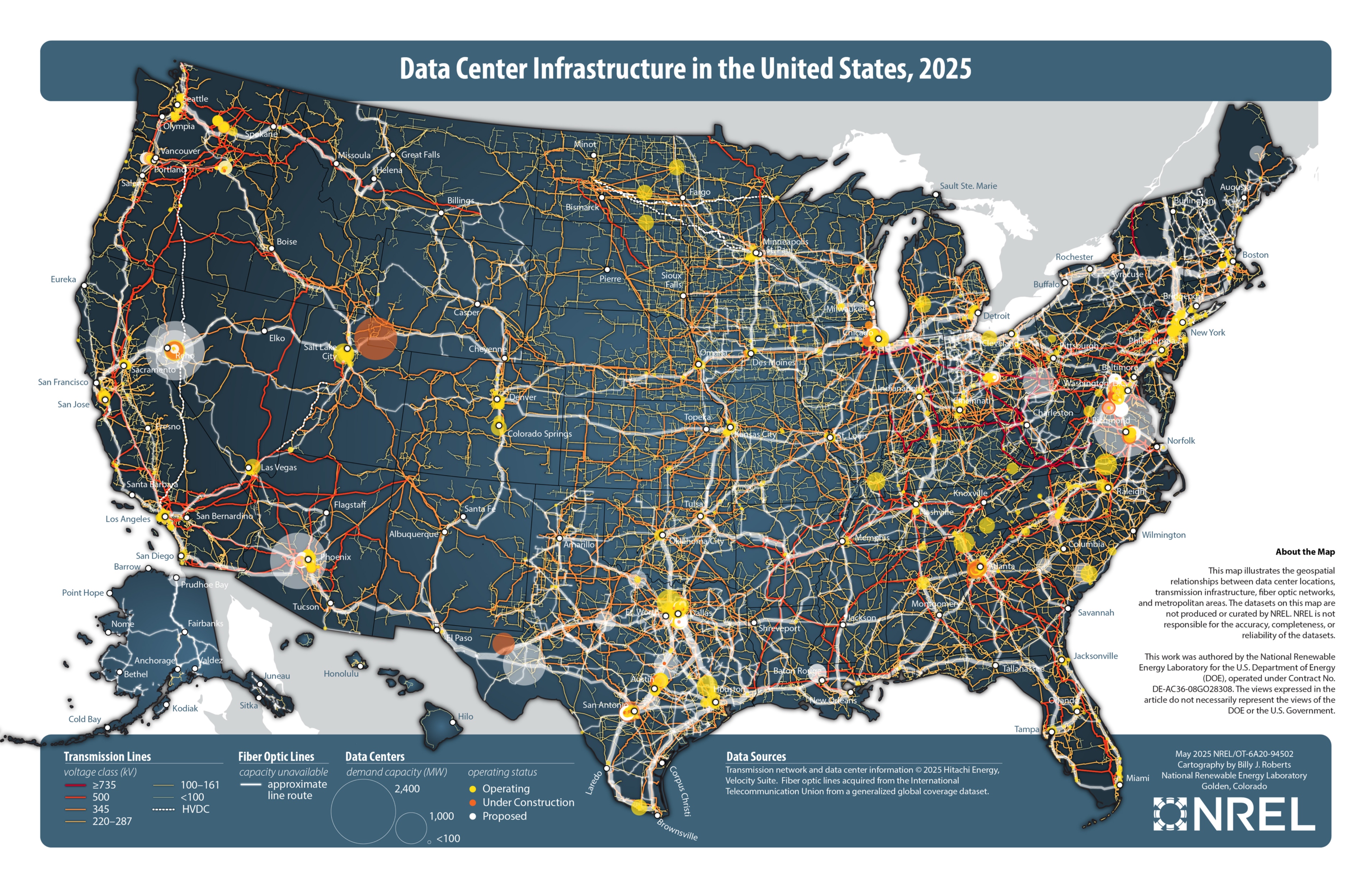
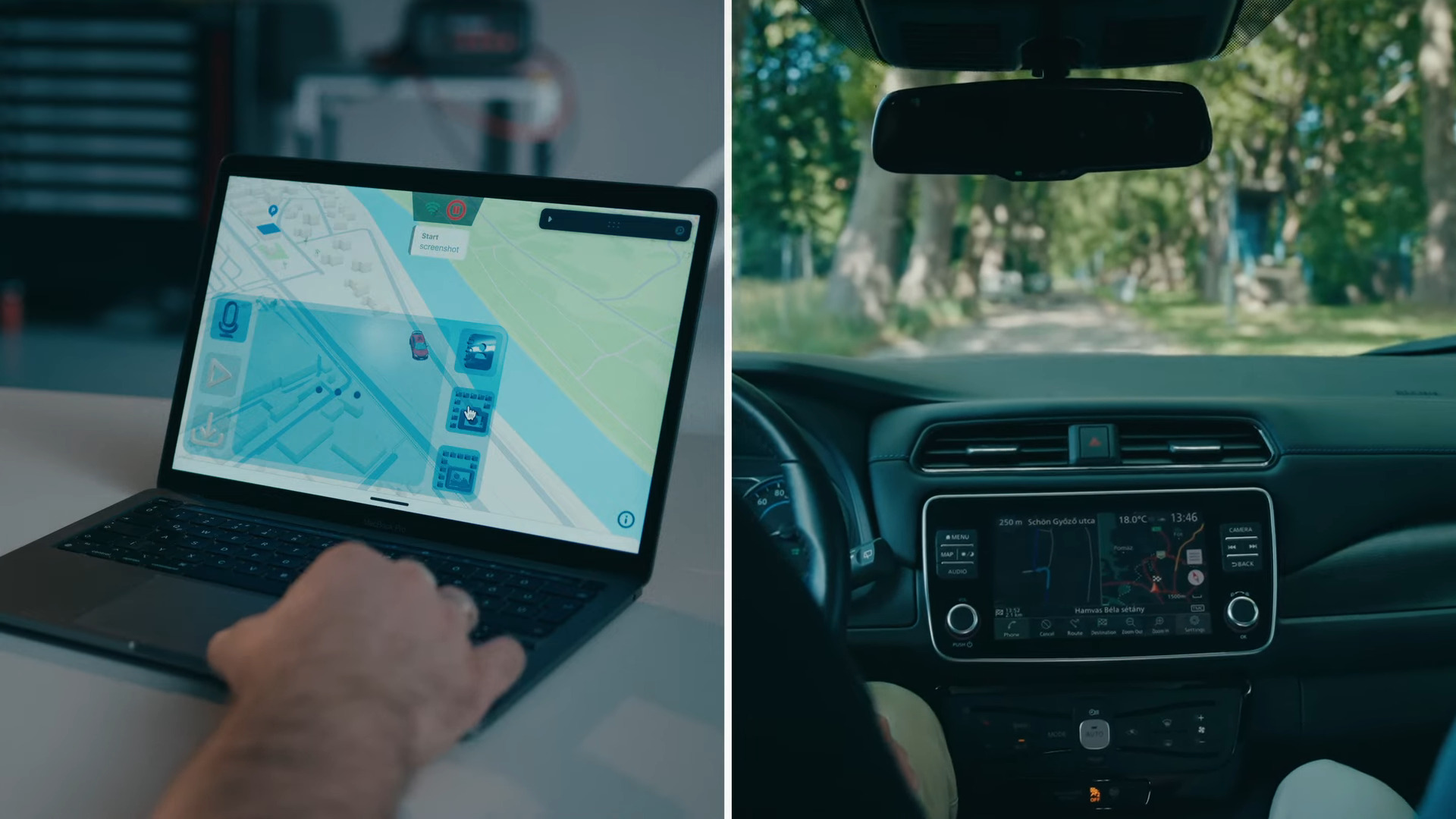



















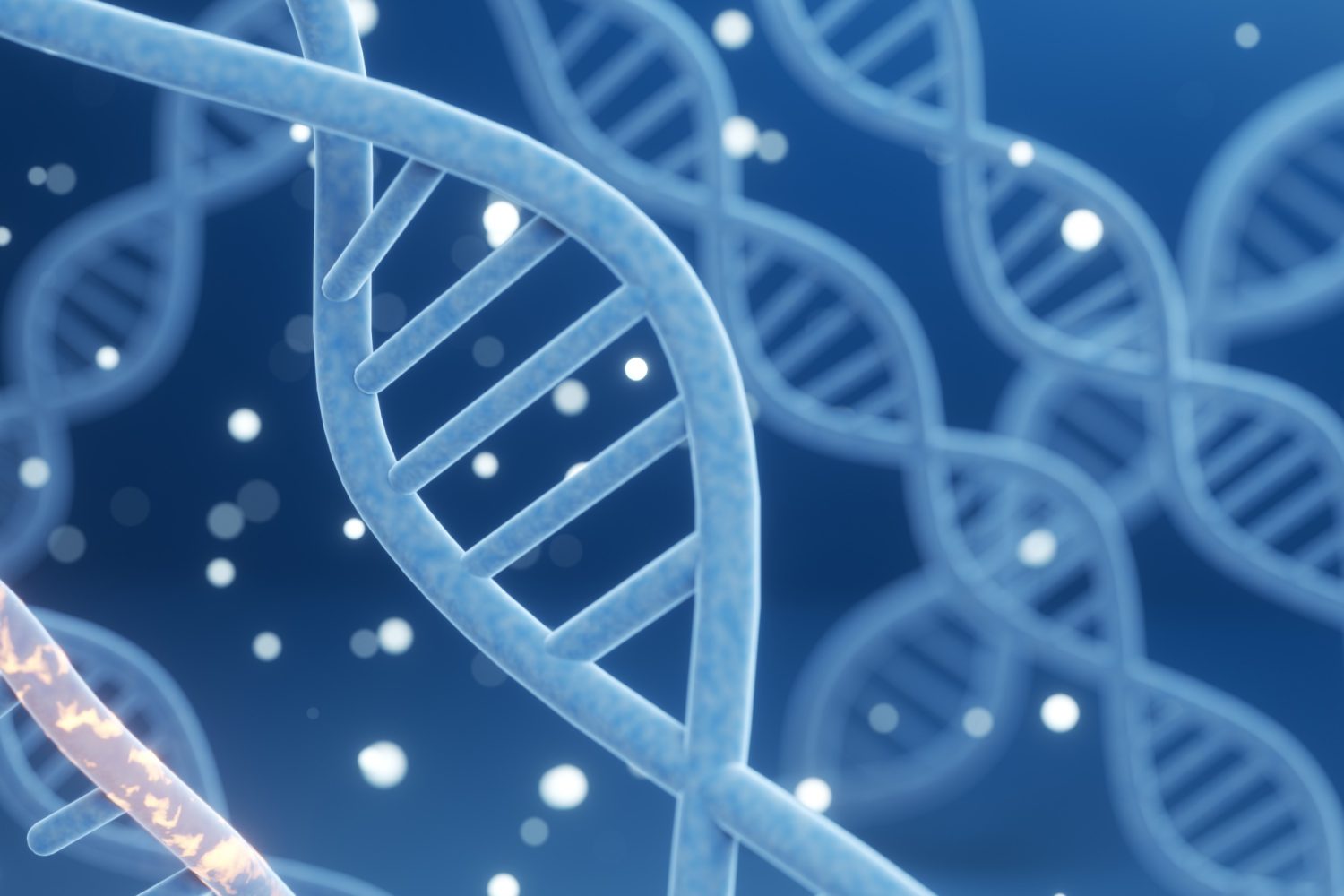

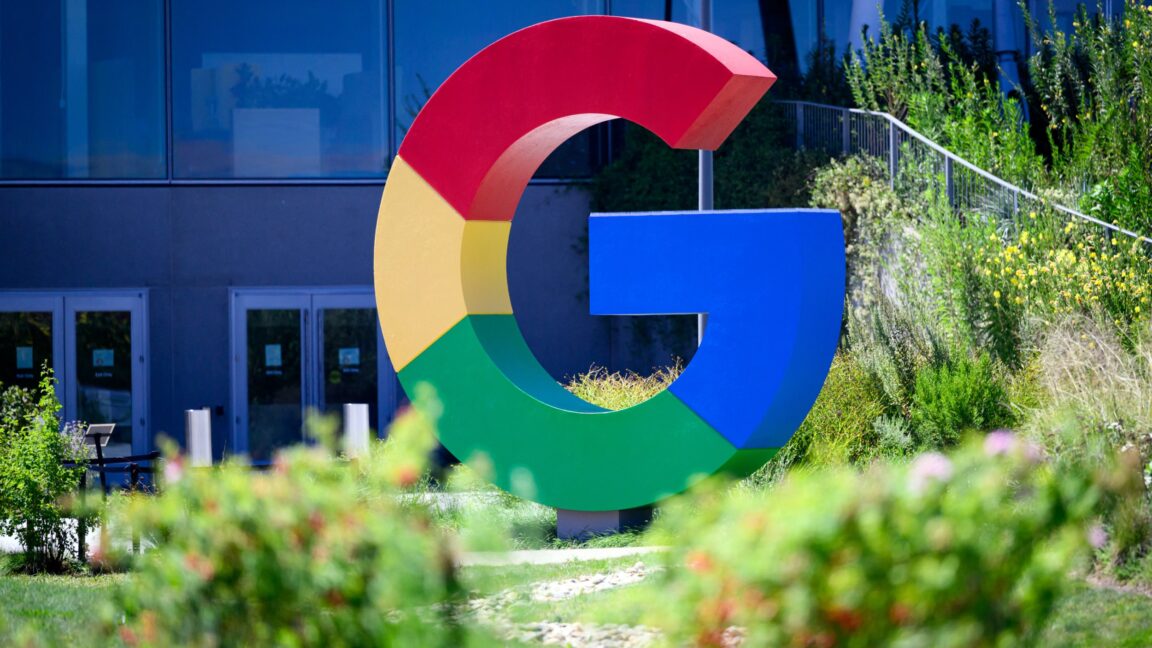
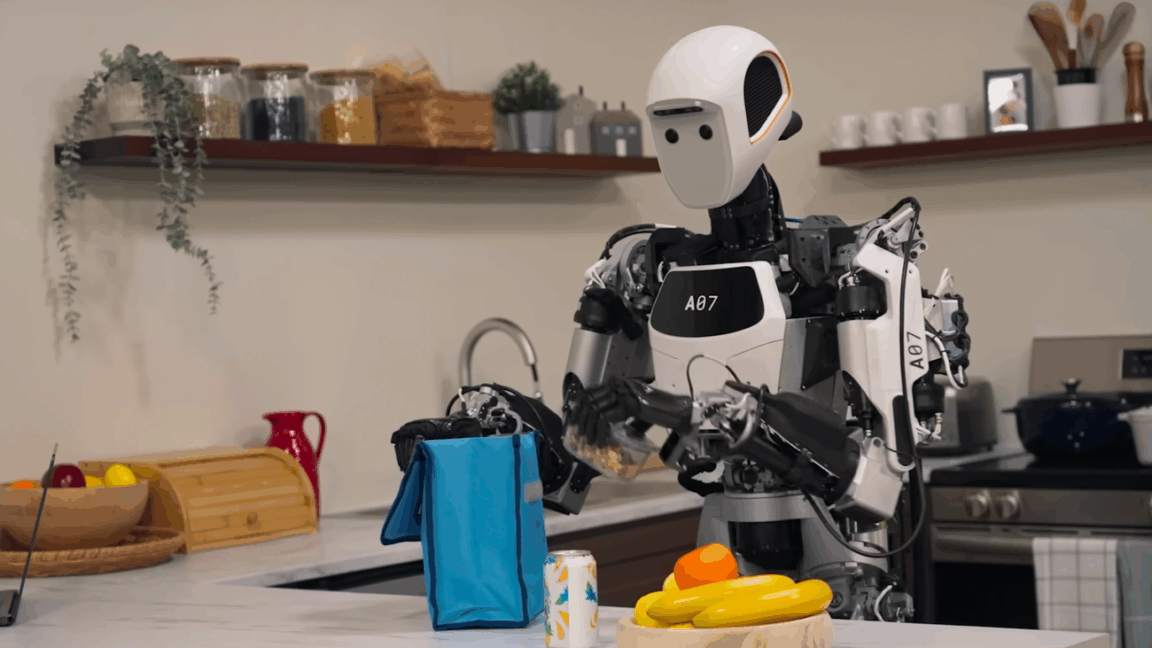



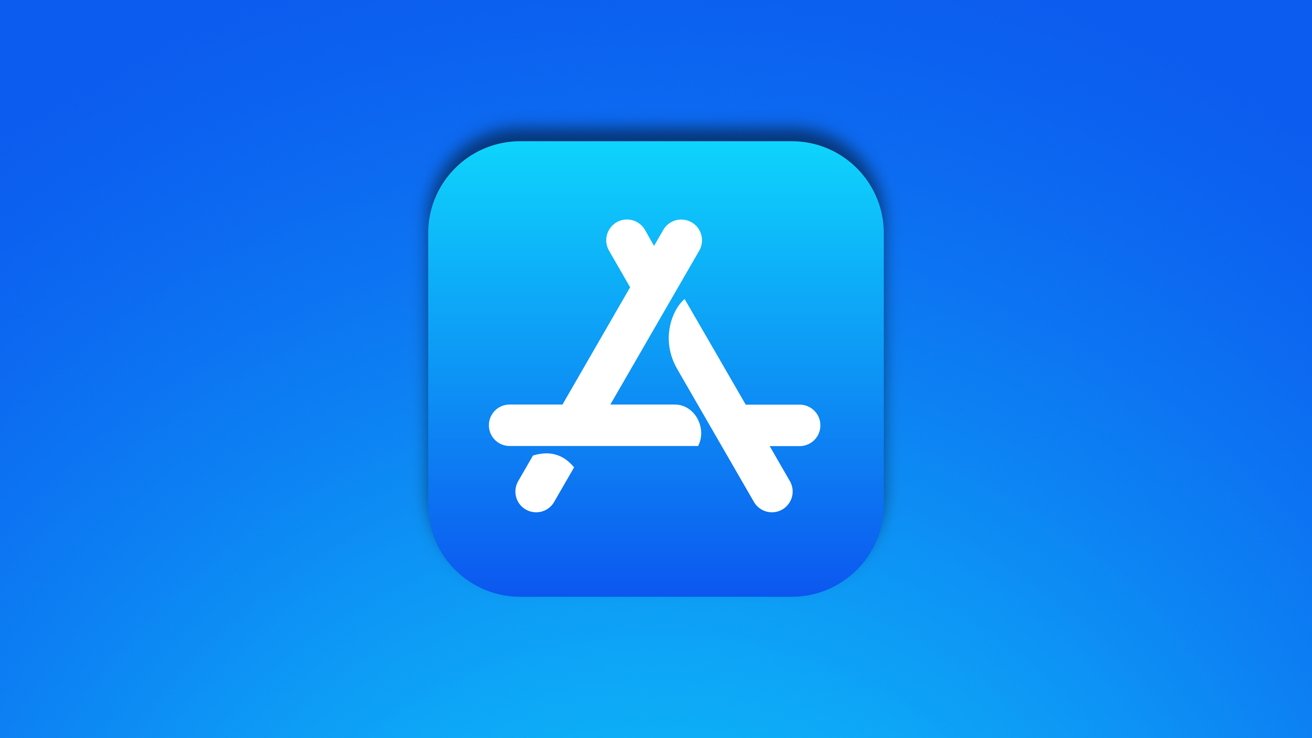



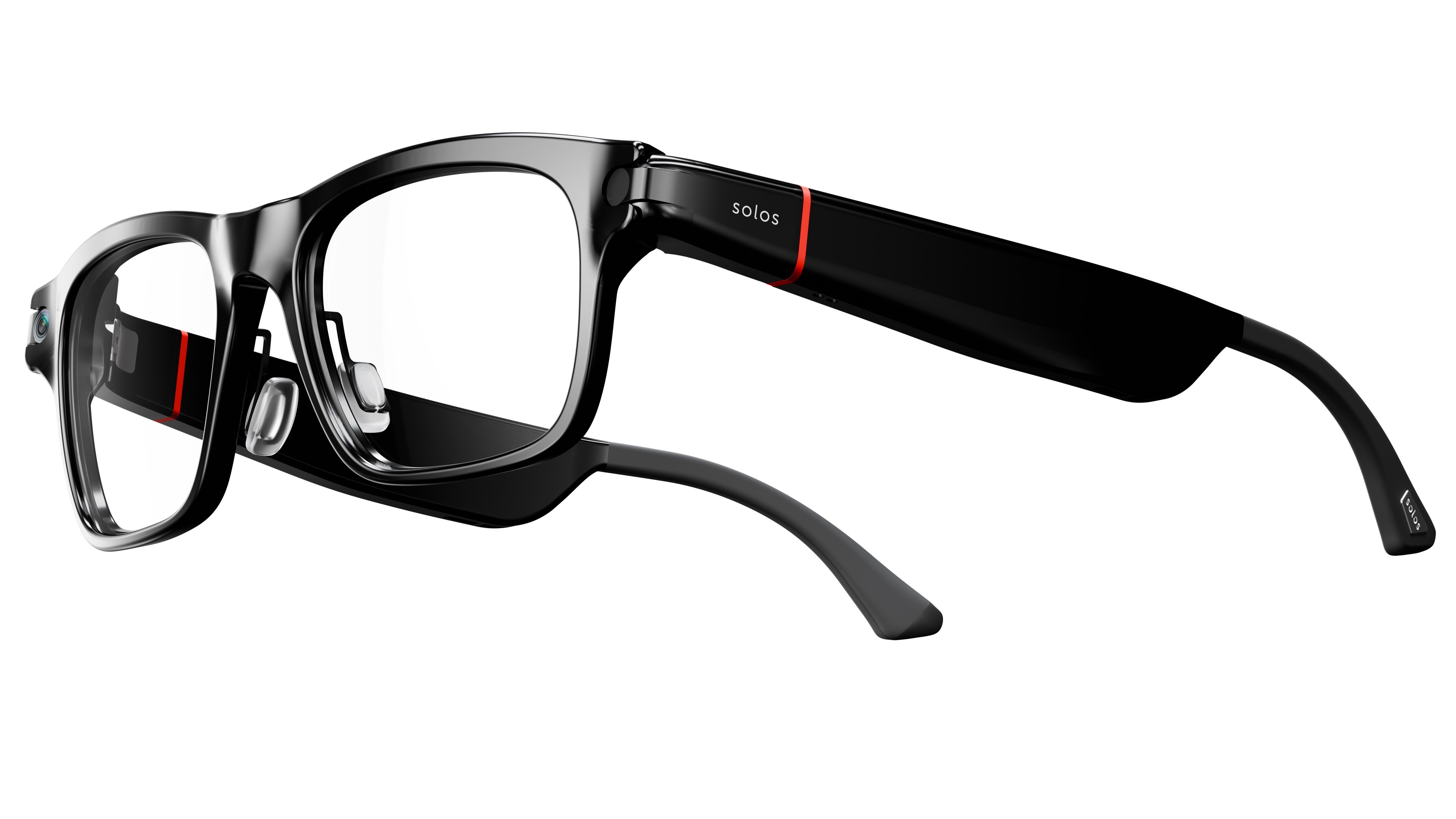



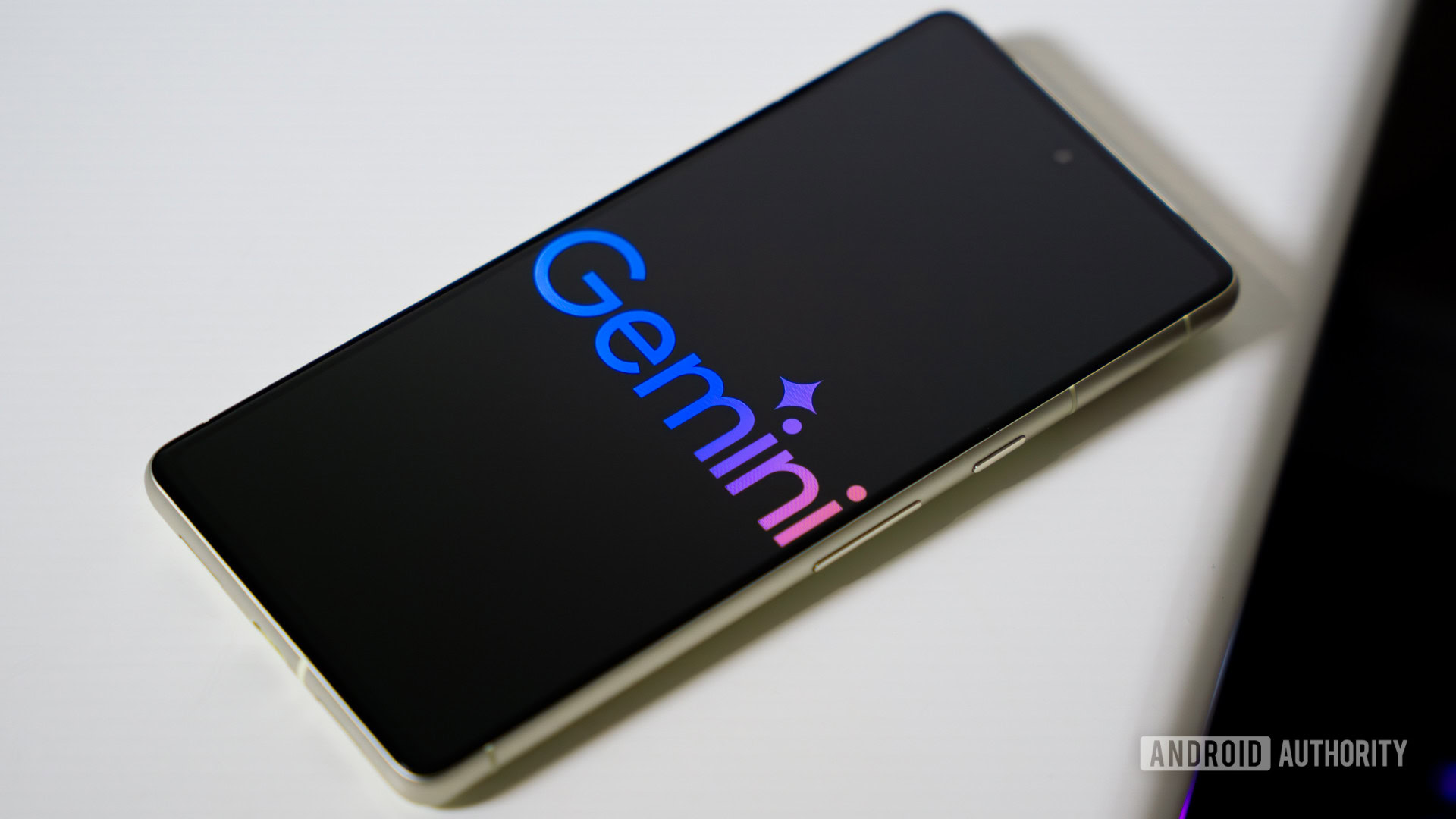


















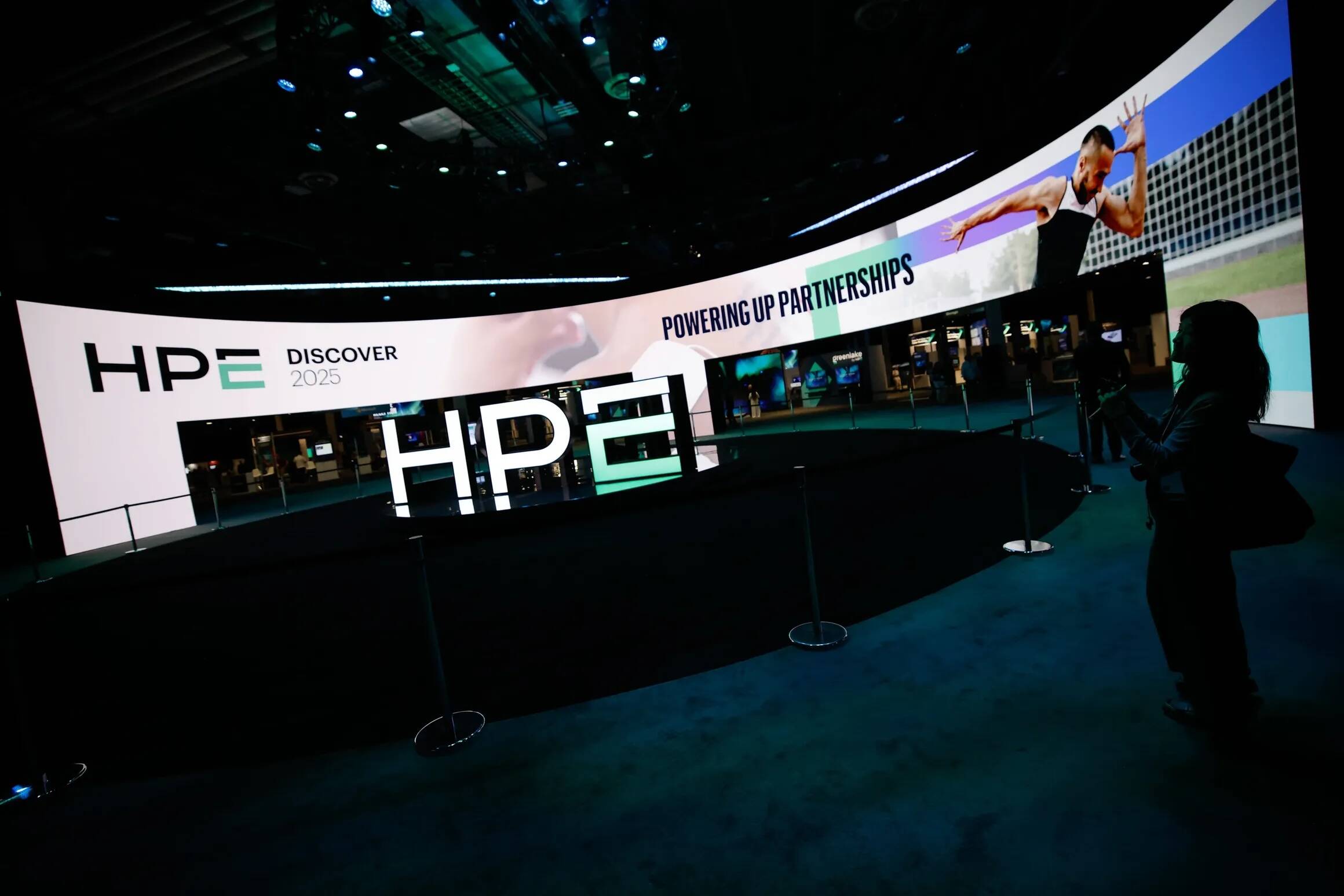
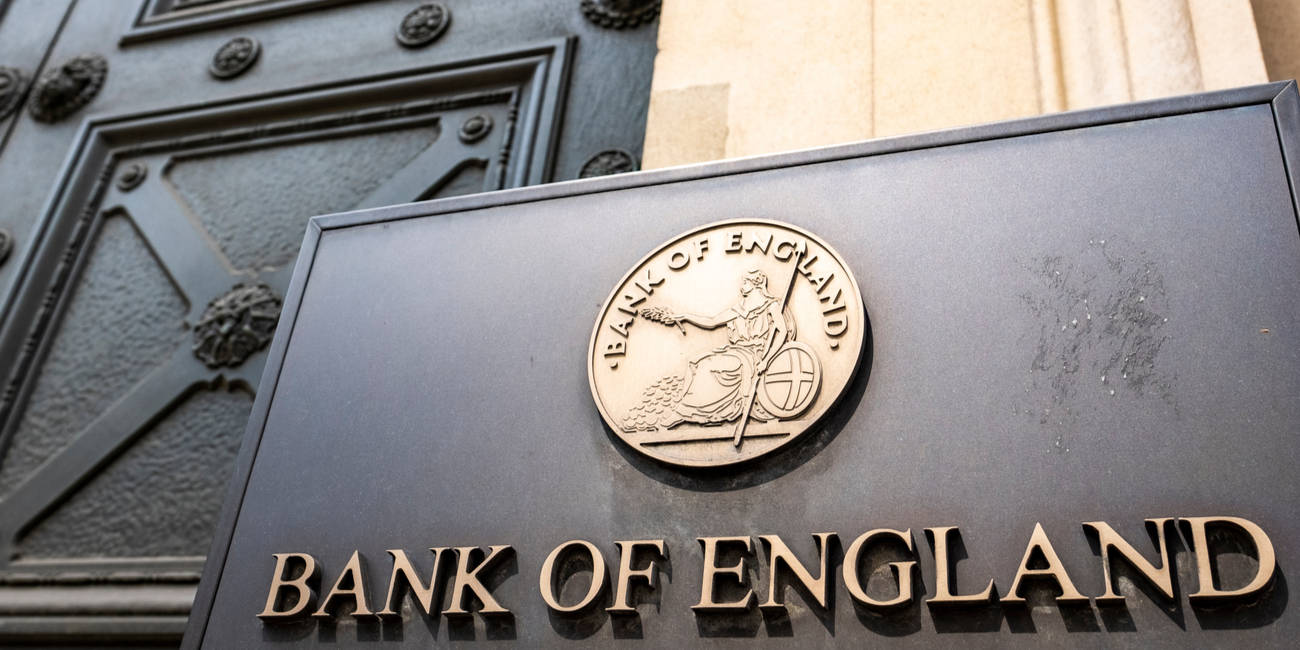
![Apple Considers LX Semicon and LG Innotek Components for iPad OLED Displays [Report]](https://www.iclarified.com/images/news/97699/97699/97699-640.jpg)


![Apple Releases New Beta Firmware for AirPods Pro 2 and AirPods 4 [8A293c]](https://www.iclarified.com/images/news/97704/97704/97704-640.jpg)













